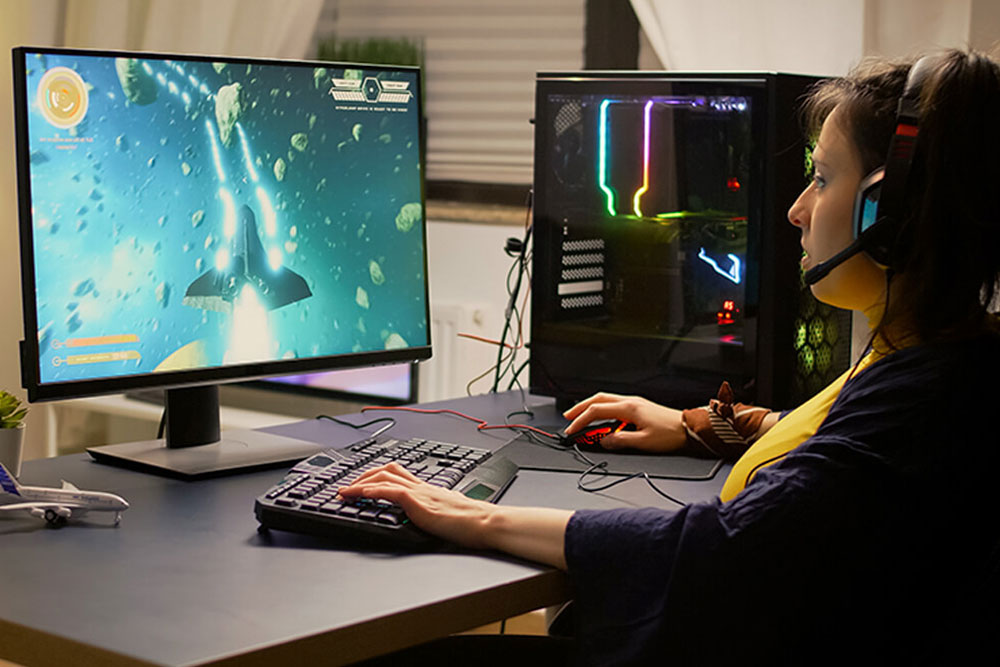- Services
- Game Development
Game Development

Game development is the process of designing, creating, and launching video games. It involves various disciplines, including programming, art, storytelling, and audio design, to create interactive experiences for players.
Stages of Game Development
Concept and Planning:
- Brainstorming game ideas and defining core mechanics.
- Conducting market research and feasibility studies.
Pre-Production:
- Creating prototypes to test game mechanics and concepts.
- Developing storylines, characters, and level designs.
Production:
- Coding and programming the game mechanics.
- Designing and integrating assets, including 3D models, textures, and animations.
- Implementing sound effects, music, and voice acting.
Testing and Quality Assurance:
- Identifying and fixing bugs and performance issues.
- Conducting beta testing and gathering player feedback.
Launch and Post-Release Support:
- Releasing the game on platforms like PC, consoles, and mobile.
- Providing updates, patches, and downloadable content (DLC).
Game Development Tools and Technologies
- Game Engines: Unity, Unreal Engine, Godot.
- Programming Languages: C++, C#, Python, JavaScript.
- Art and Animation Software: Blender, Photoshop, Maya.
- Audio Tools: FMOD, Wwise, Audacity.
Types of Video Games
- Action: Fast-paced gameplay, including shooting and combat mechanics.
- Role-Playing Games (RPGs): Character progression, storytelling, and quests.
- Puzzle: Logic-based challenges and problem-solving.
- Simulation: Real-world activities like driving, farming, or city-building.
- Multiplayer Online Games: Competitive and cooperative experiences with other players.
Disciplines
- Game Design
- 2D & 3D Animation
- Unity & Unreal Engine Development
- Multiplayer Functionality
- AR/VR Integration
- Game Testing & Integration
